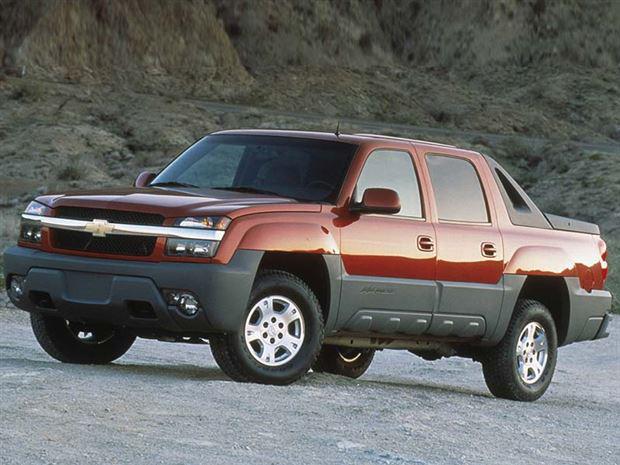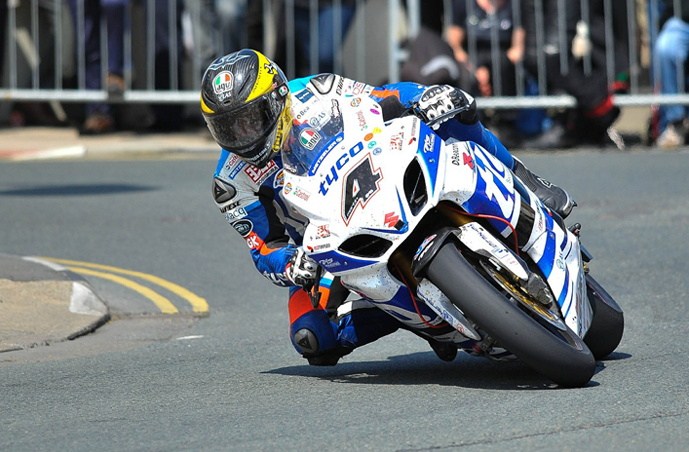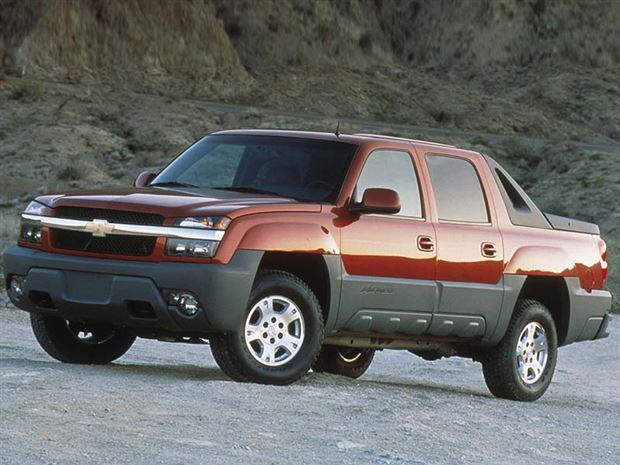
Novartis’ CAR-T therapy was the very first approved in U.S. — here’s how to invest in the space
Published: Sept Five, two thousand seventeen 6:58 a.m. ET
Companies that provide services and solutions to cell therapy companies will become invaluable, says Janney analyst Knight
EmmaCourt
On Wednesday, the very first of a fresh type of cancer-fighting cell therapy called CAR-T was approved in the U.S.: Novartis AG’s Kymriah, intended to treat youthful people with acute lymphoblastic leukemia.
The science behind Kymriah and other CAR-T therapies is radical, even revolutionary, experts say: a patient’s immune T-cells are taken from the bod, re-engineered to better fight cancer and then substituted in the bod to do just that.
Novartis’ NVS, -0.01% approval marks “the very early innings of a potential decade-long growth cycle,” said Janney analyst Paul Knight. Kite Pharma — which will be acquired by Gilead Sciences Inc. for $11 billion, in a deal made public earlier this week — should get its own CAR-T therapy approved by the end of November, he said.
For investors interested in “this burgeoning therapeutics field,” Knight recommended CryoPort Inc. CYRX, +Two.41% BioLife Solutions Inc. BLFS, +0.19% Brooks Automation Inc. BRKS, -1.59% and Mesa Laboratories Inc. MLAB, -0.14% as ways to build up exposure, all of which he rates buy.
Knight’s picks suggest alternatives to other companies in the CAR-T space, which many on Wall Street view as benefiting from the Wednesday approval. Many of those companies’ shares rose in Thursday morning trade, including Juno Therapeutics JUNO, +1.81% which rose Five.9%, Bellicum Pharmaceuticals Inc. BLCM, -2.05% which rose Five.2% and Adaptimmune Therapeutics ADAP, +Three.34% which rose 1.8%. Cellectis SA CLLS, -20.26% was one exception, with shares pulling down 1.6%.
CryoPort, which provides cryogenic logistics solutions to the life sciences industry, had shares rise Four.1% in moderate Thursday morning trade.
The company has a three-year contract with Novartis to support Kymriah and believes that Kymriah alone will represent $8 to $Ten million in annual revenue, Knight said.
In addition, clinical trials in regenerative medicine have grown substantially in latest years, with each trial worth about $50,000 a year to CryoPort, Knight said.
BioLife Solutions, which makes biopreservation instruments that permit the storage and transportation of cells and tissues, had shares decline Two.6% in moderate Thursday trade. The company is the global leader in its area, with its largest competition being “home brew” alternatives made by scientists in their labs, Knight said.
However, “a major drawback to ‘home brew’ is the variability around the final product, which is eliminated” with BioLife products, Knight said. “This variability in final product from home brew makes it very unlikely a company, or a regulatory assets, would permit the product in a commercially available therapy.”
Brooks Automation also works in a similar supportive area, providing cold sample management storage systems and equipment to prepare and treat samples. Shares rose 0.3% in light Thursday morning trade.
Brooks Automation “is becoming the Fort Knox for BioPharma,” Knight said, with a life science business of more than 1,000 customers and a backlog of $260 million, compared with fiscal year two thousand seventeen revenue estimates of $145 million. One automated freezer, the B3C, had bookings of $Two.Five million last quarter, he said.
Mesa Labs, shares of which rose 0.9% in scant Thursday morning trade, offers cold chain packaging and monitoring to make sure refrigerators, freezers and warmers at production facilities are up to par.
The cost of relocating three manufacturing sites has put company shares under pressure, Knight said, but “we believe these costs will lead to meaningful margin expansion as we budge into 2H FY18.”
Novartis shares rose 1.4% in strenuous Thursday morning trade. Shares have lifted Two.6% over the last three months, compared with a Two.4% rise in the S&P five hundred SPX, -0.76%
Novartis’ CAR-T therapy was the very first approved in U
Novartis’ CAR-T therapy was the very first approved in U.S. — here’s how to invest in the space
Published: Sept Five, two thousand seventeen 6:58 a.m. ET
Companies that provide services and solutions to cell therapy companies will become invaluable, says Janney analyst Knight
EmmaCourt
On Wednesday, the very first of a fresh type of cancer-fighting cell therapy called CAR-T was approved in the U.S.: Novartis AG’s Kymriah, intended to treat youthful people with acute lymphoblastic leukemia.
The science behind Kymriah and other CAR-T therapies is radical, even revolutionary, experts say: a patient’s immune T-cells are taken from the bod, re-engineered to better fight cancer and then substituted in the bod to do just that.
Novartis’ NVS, -0.01% approval marks “the very early innings of a potential decade-long growth cycle,” said Janney analyst Paul Knight. Kite Pharma — which will be acquired by Gilead Sciences Inc. for $11 billion, in a deal made public earlier this week — should get its own CAR-T therapy approved by the end of November, he said.
For investors interested in “this burgeoning therapeutics field,” Knight recommended CryoPort Inc. CYRX, +Two.41% BioLife Solutions Inc. BLFS, +0.19% Brooks Automation Inc. BRKS, -1.59% and Mesa Laboratories Inc. MLAB, -0.14% as ways to build up exposure, all of which he rates buy.
Knight’s picks suggest alternatives to other companies in the CAR-T space, which many on Wall Street view as benefiting from the Wednesday approval. Many of those companies’ shares rose in Thursday morning trade, including Juno Therapeutics JUNO, +1.81% which rose Five.9%, Bellicum Pharmaceuticals Inc. BLCM, -2.05% which rose Five.2% and Adaptimmune Therapeutics ADAP, +Three.34% which rose 1.8%. Cellectis SA CLLS, -20.26% was one exception, with shares ripping off 1.6%.
CryoPort, which provides cryogenic logistics solutions to the life sciences industry, had shares rise Four.1% in moderate Thursday morning trade.
The company has a three-year contract with Novartis to support Kymriah and believes that Kymriah alone will represent $8 to $Ten million in annual revenue, Knight said.
In addition, clinical trials in regenerative medicine have grown substantially in latest years, with each trial worth about $50,000 a year to CryoPort, Knight said.
BioLife Solutions, which makes biopreservation instruments that permit the storage and transportation of cells and tissues, had shares decline Two.6% in moderate Thursday trade. The company is the global leader in its area, with its largest competition being “home brew” alternatives made by scientists in their labs, Knight said.
However, “a major drawback to ‘home brew’ is the variability around the final product, which is eliminated” with BioLife products, Knight said. “This variability in final product from home brew makes it very unlikely a company, or a regulatory bod, would permit the product in a commercially available therapy.”
Brooks Automation also works in a similar supportive area, providing cold sample management storage systems and equipment to prepare and treat samples. Shares rose 0.3% in light Thursday morning trade.
Brooks Automation “is becoming the Fort Knox for BioPharma,” Knight said, with a life science business of more than 1,000 customers and a backlog of $260 million, compared with fiscal year two thousand seventeen revenue estimates of $145 million. One automated freezer, the B3C, had bookings of $Two.Five million last quarter, he said.
Mesa Labs, shares of which rose 0.9% in scant Thursday morning trade, offers cold chain packaging and monitoring to make sure refrigerators, freezers and warmers at production facilities are up to par.
The cost of relocating three manufacturing sites has put company shares under pressure, Knight said, but “we believe these costs will lead to meaningful margin expansion as we budge into 2H FY18.”
Novartis shares rose 1.4% in strong Thursday morning trade. Shares have lifted Two.6% over the last three months, compared with a Two.4% rise in the S&P five hundred SPX, -0.76%

